Skills You Need to Gain Before Going on a Mountaineering Trip
Mountaineering is an exhilarating adventure that requires a combination of physical fitness, technical expertise, and mental fortitude. Before embarking on a climbing expedition, it's crucial to acquire the necessary skills to ensure a safe and enjoyable experience. This blog will delve into the essential skills you need to gain before venturing into the mountains.
Physical Fitness and Endurance
Mountaineering demands exceptional physical fitness. You’ll be climbing steep slopes, carrying heavy backpacks, and enduring long hours in harsh conditions. Cardio endurance, leg strength, and core stability are crucial. Regularly engage in activities like running, cycling, swimming, and strength training. Don’t forget to simulate mountaineering conditions by hiking with a loaded backpack. The better your fitness level, the more you’ll enjoy your trip and the less likely you are to encounter fatigue-related issues.

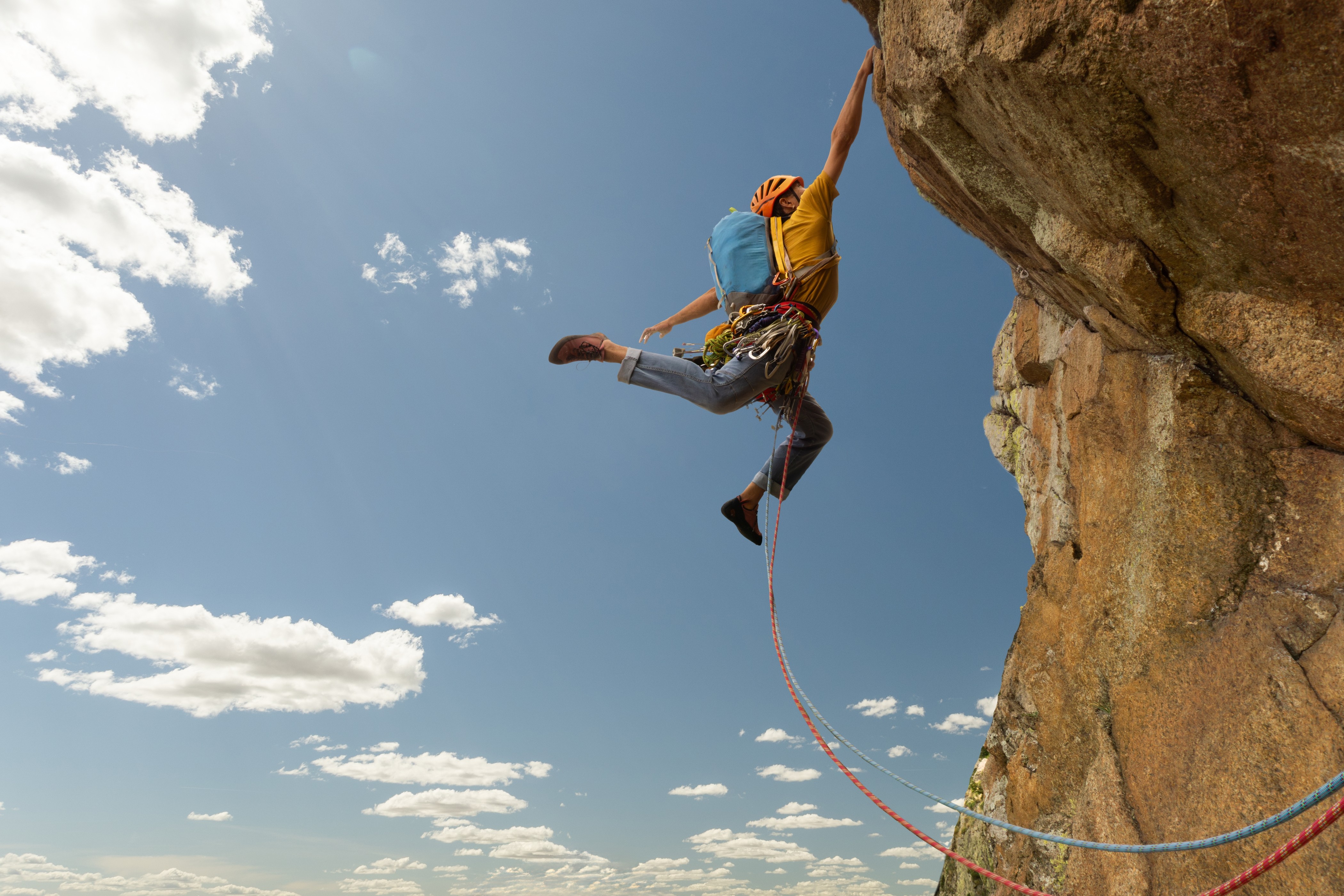
Basic Climbing Techniques
Even if you’re going on a guided expedition, understanding basic climbing techniques is essential. Learn how to use crampons and ice axes, and practice different methods of ascending and descending slopes. Familiarize yourself with rope work, including how to tie basic knots, belaying, and rappelling. These skills will not only boost your confidence but also ensure you can assist in case of an emergency.

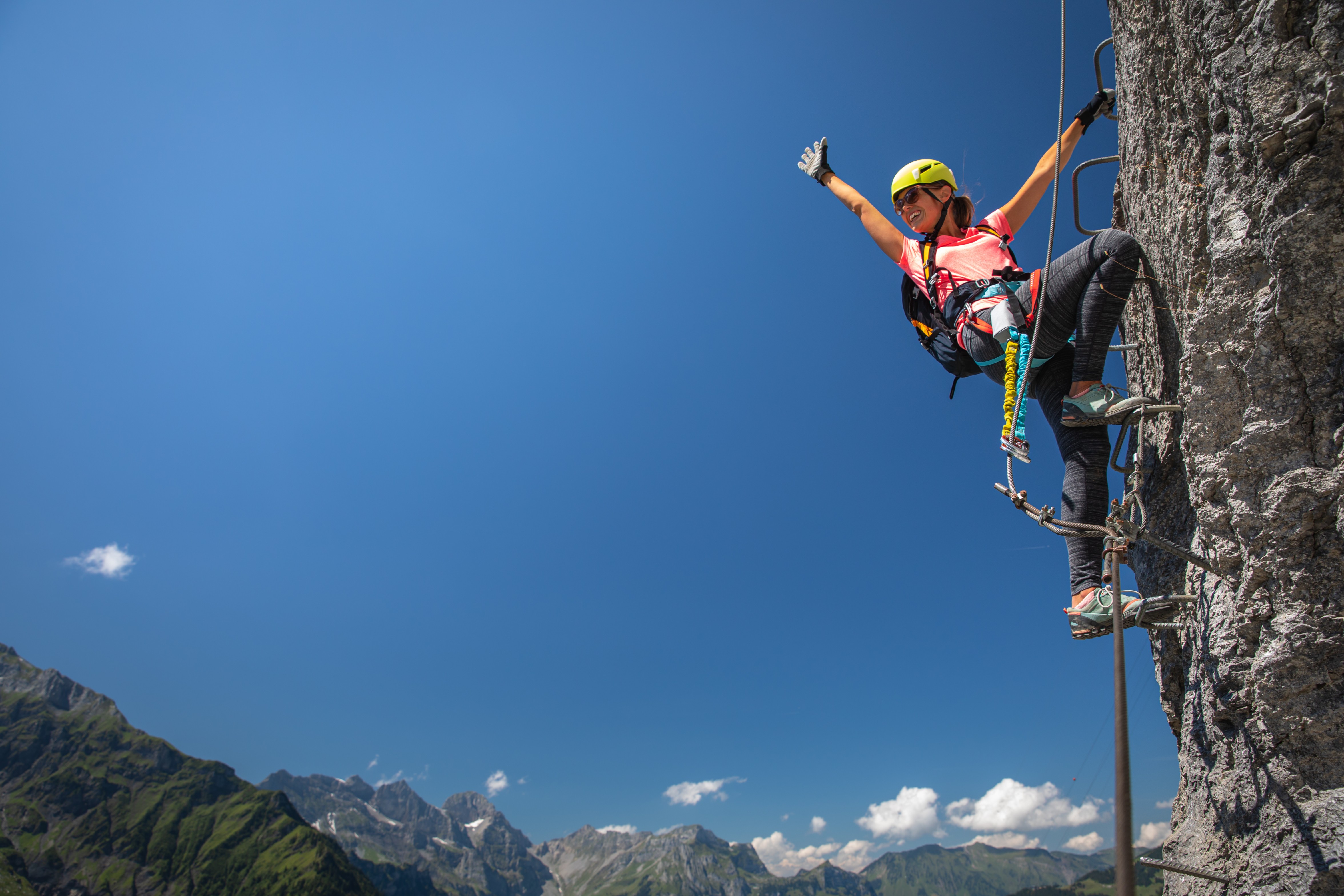
Navigation Skills
Mountains are notorious for unpredictable weather and terrain that can be disorienting. A good mountaineer must know how to navigate using a map and compass. GPS devices are helpful, but batteries can die or signals can be lost. Practice navigating in different terrains and conditions so you can find your way even when visibility is low or trails are hard to discern.

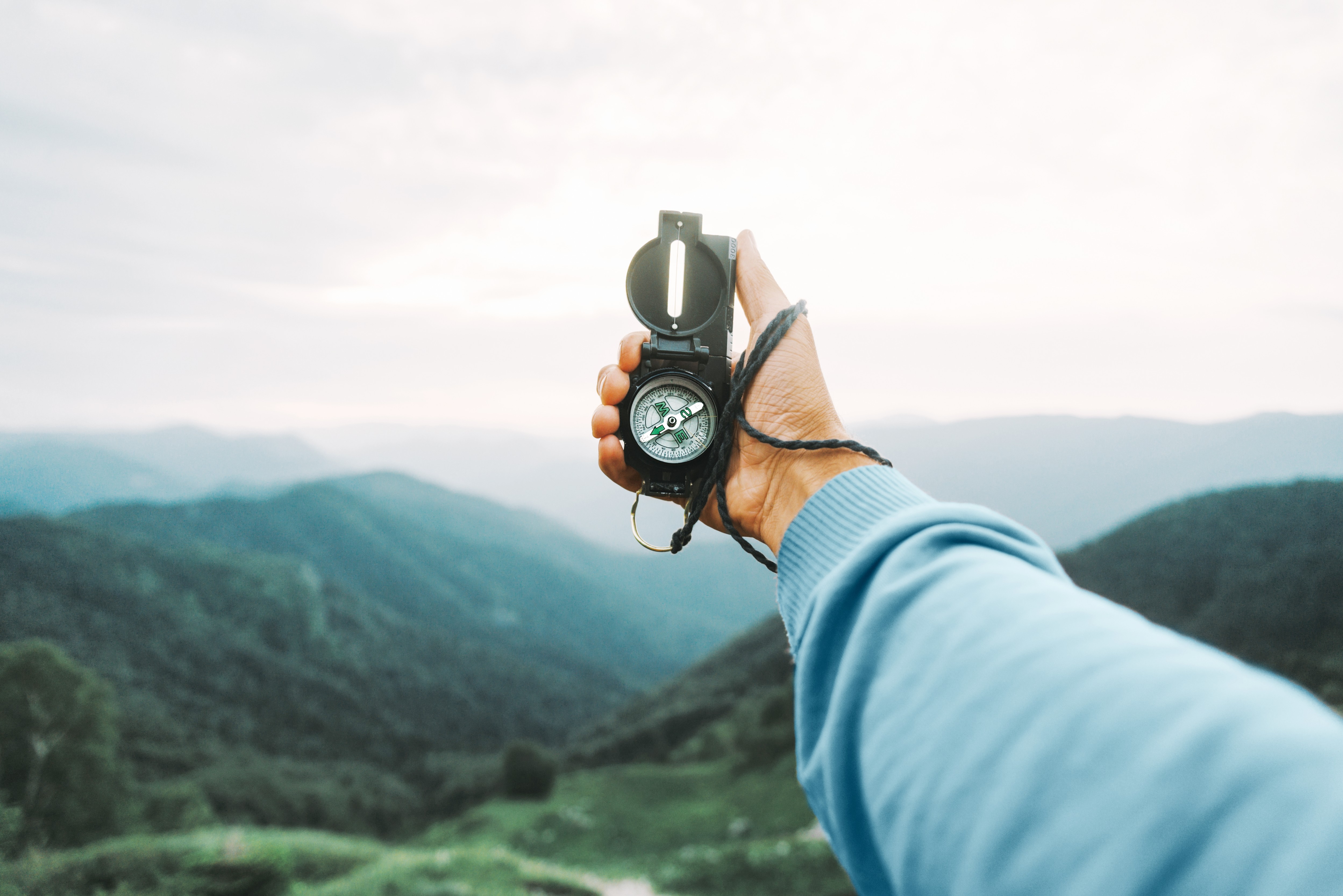
Weather Assessment
Weather conditions in the mountains can change rapidly and dramatically, turning a pleasant climb into a dangerous situation. Learn to read the weather and understand the implications of cloud formations, wind speeds, and temperature changes. Being able to predict and respond to weather shifts can prevent accidents and keep you safe.

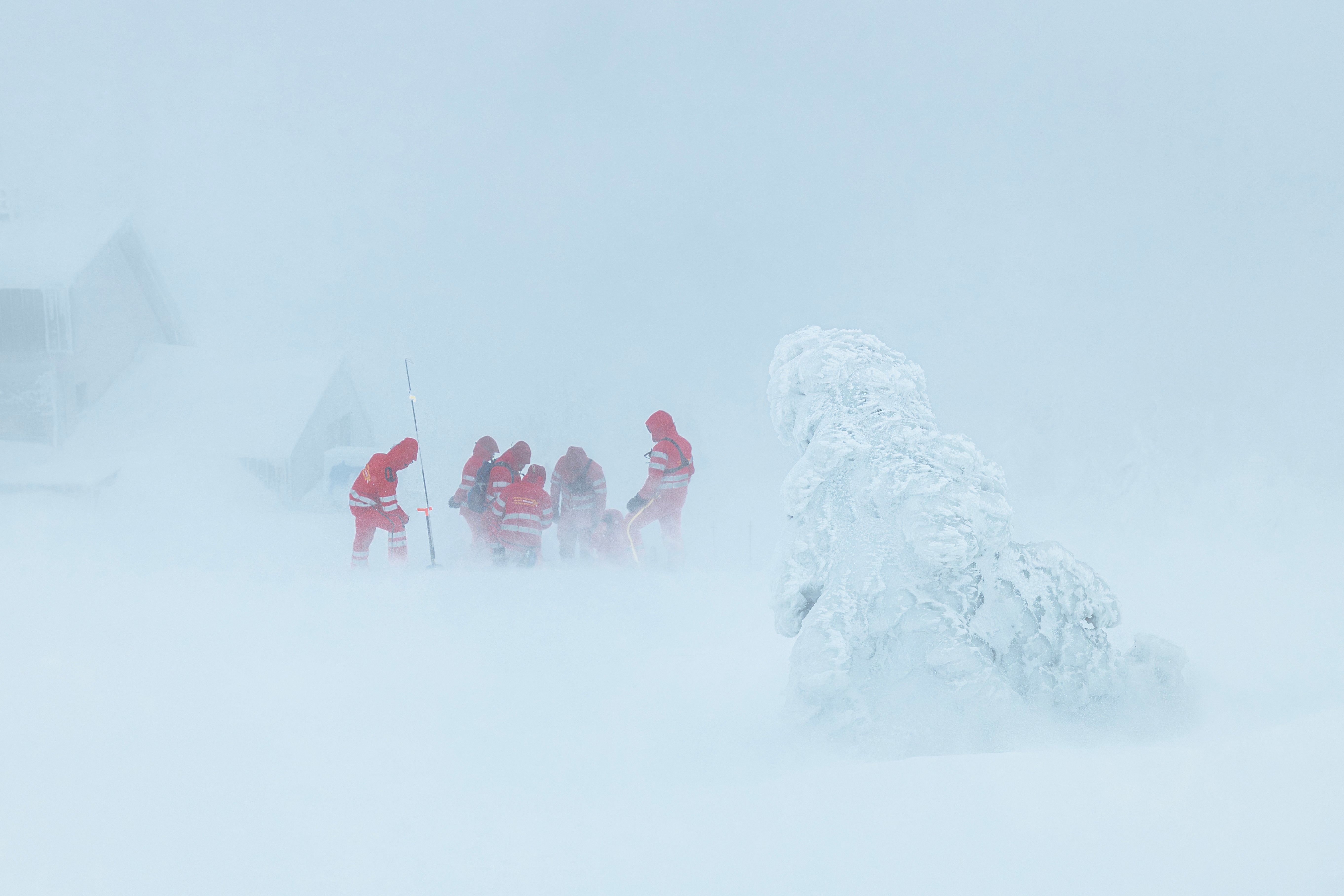
Basic First Aid
Injuries and health issues can happen at any time, and help may not be immediately available. Basic first aid knowledge is crucial. Learn how to treat common injuries like sprains, fractures, and cuts, as well as how to recognize and respond to altitude sickness. Carry a well-stocked first aid kit and know how to use each item in it.

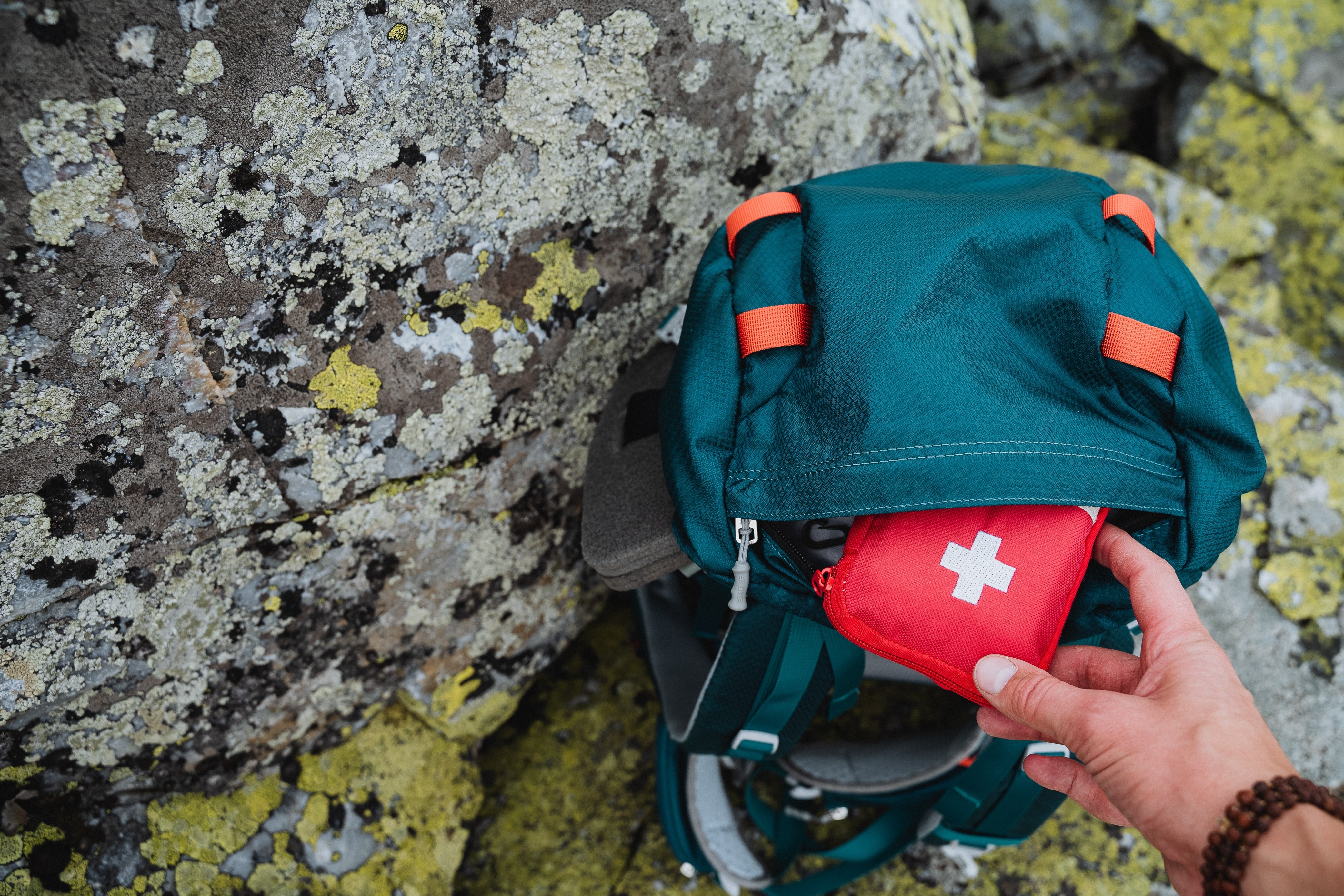
Mental Resilience
Mountaineering isn’t just a physical challenge; it’s a mental one as well. You may face fear, discomfort, and the temptation to give up. Building mental resilience is key to pushing through tough moments. Practices like meditation, visualization, and mindfulness can help prepare your mind for the challenges ahead. Remember, staying calm and focused is often the difference between success and failure in the mountains.

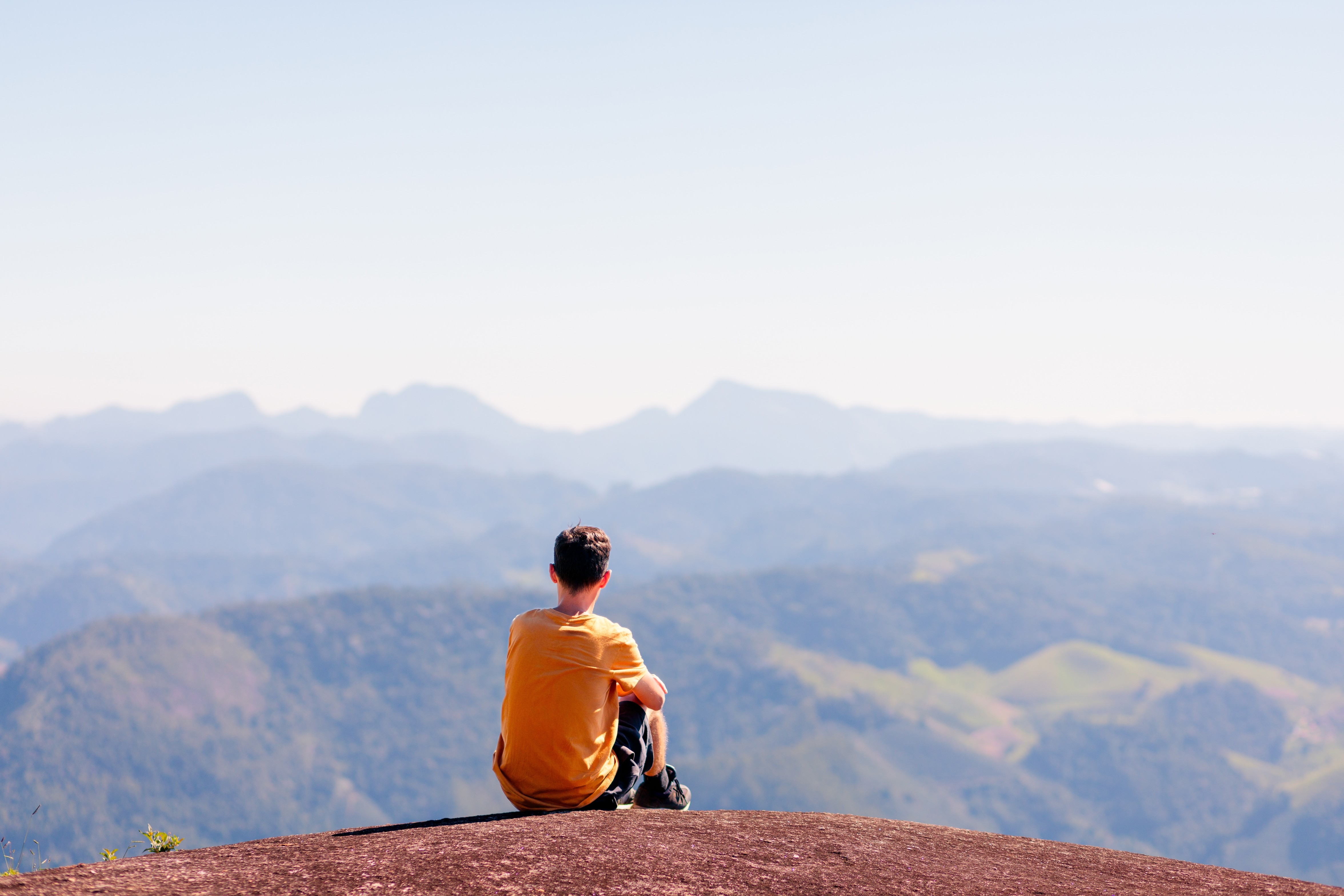
Teamwork and Communication
Unless you’re a seasoned solo climber, mountaineering is a team effort. Good communication and teamwork are essential. You’ll need to coordinate with your team, share responsibilities, and make collective decisions. Practicing clear, concise communication and learning to work effectively with others can make your trip smoother and safer.

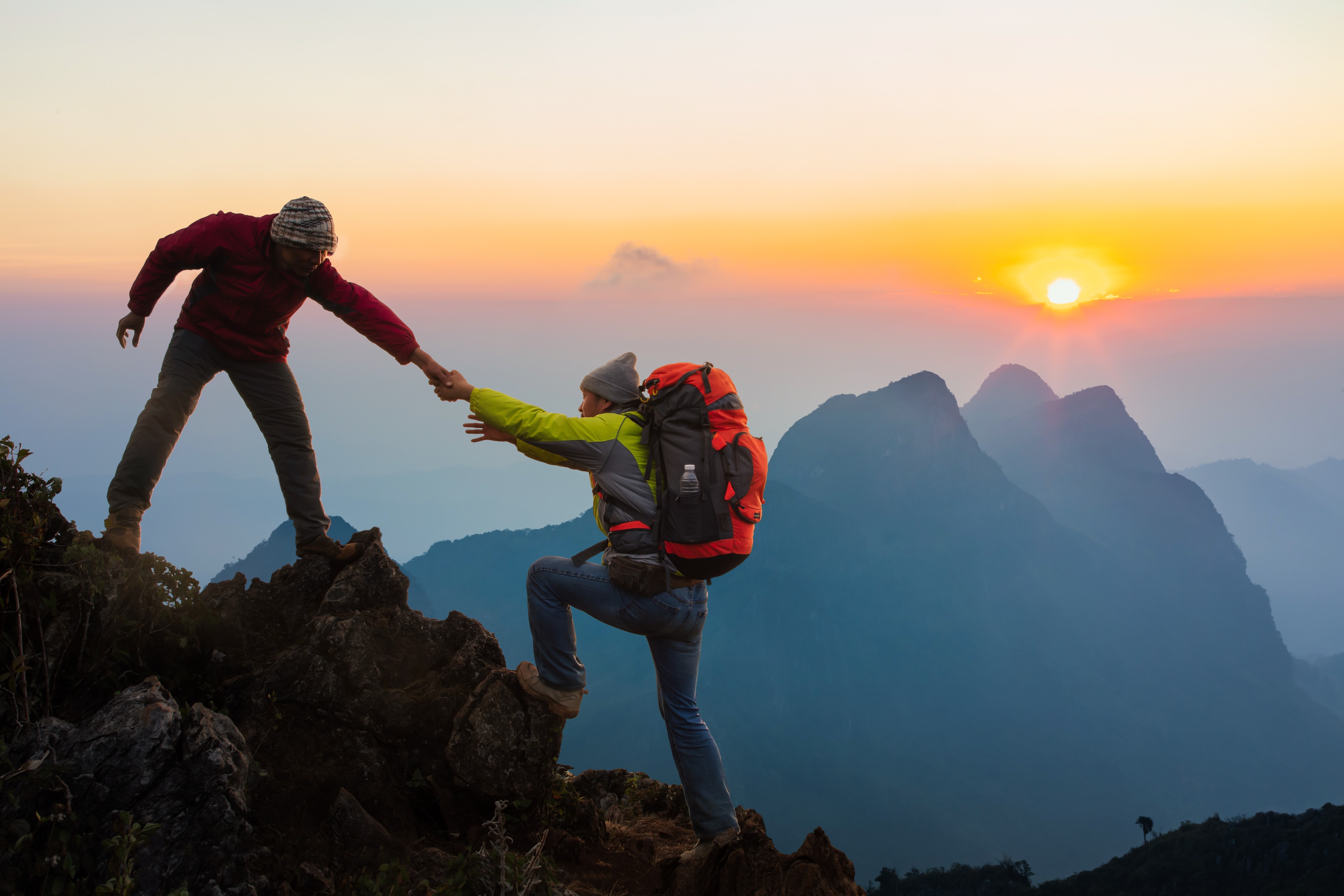
Knowledge of Mountaineering Equipment
Understanding your equipment is critical. Know how to properly use, maintain, and troubleshoot your gear, including harnesses, helmets, ropes, and tents. Practice setting up and breaking down your camp, and ensure your equipment is in good working condition before your trip. Familiarity with your gear will save time and prevent unnecessary stress during the expedition.

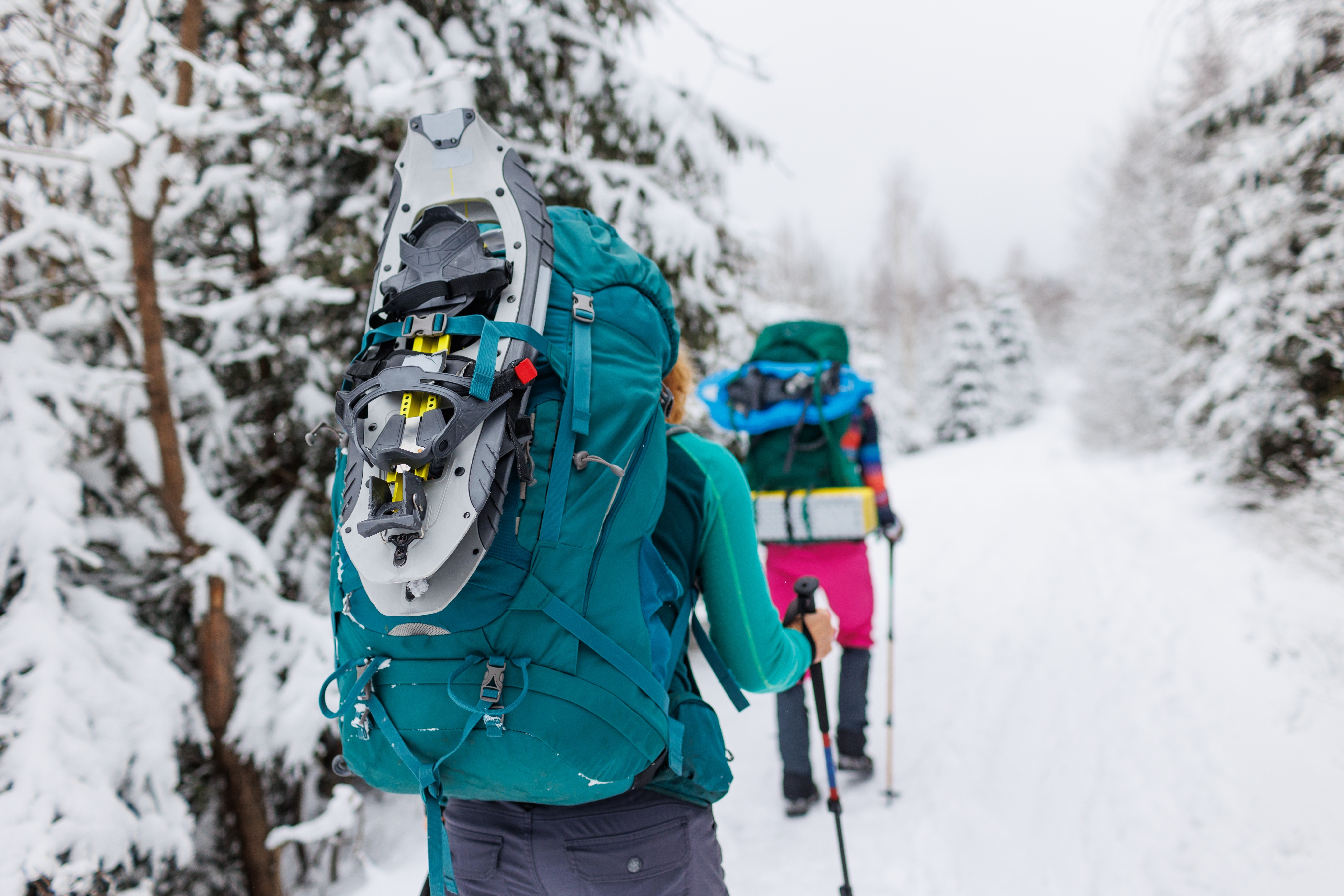
Cultural Awareness and Respect
Many mountaineering destinations are in regions with rich cultural heritage. Learning about and respecting the local customs, traditions, and practices is important. This not only shows respect for the local people but also enhances your overall experience. A respectful approach fosters goodwill and can open doors to unique cultural exchanges

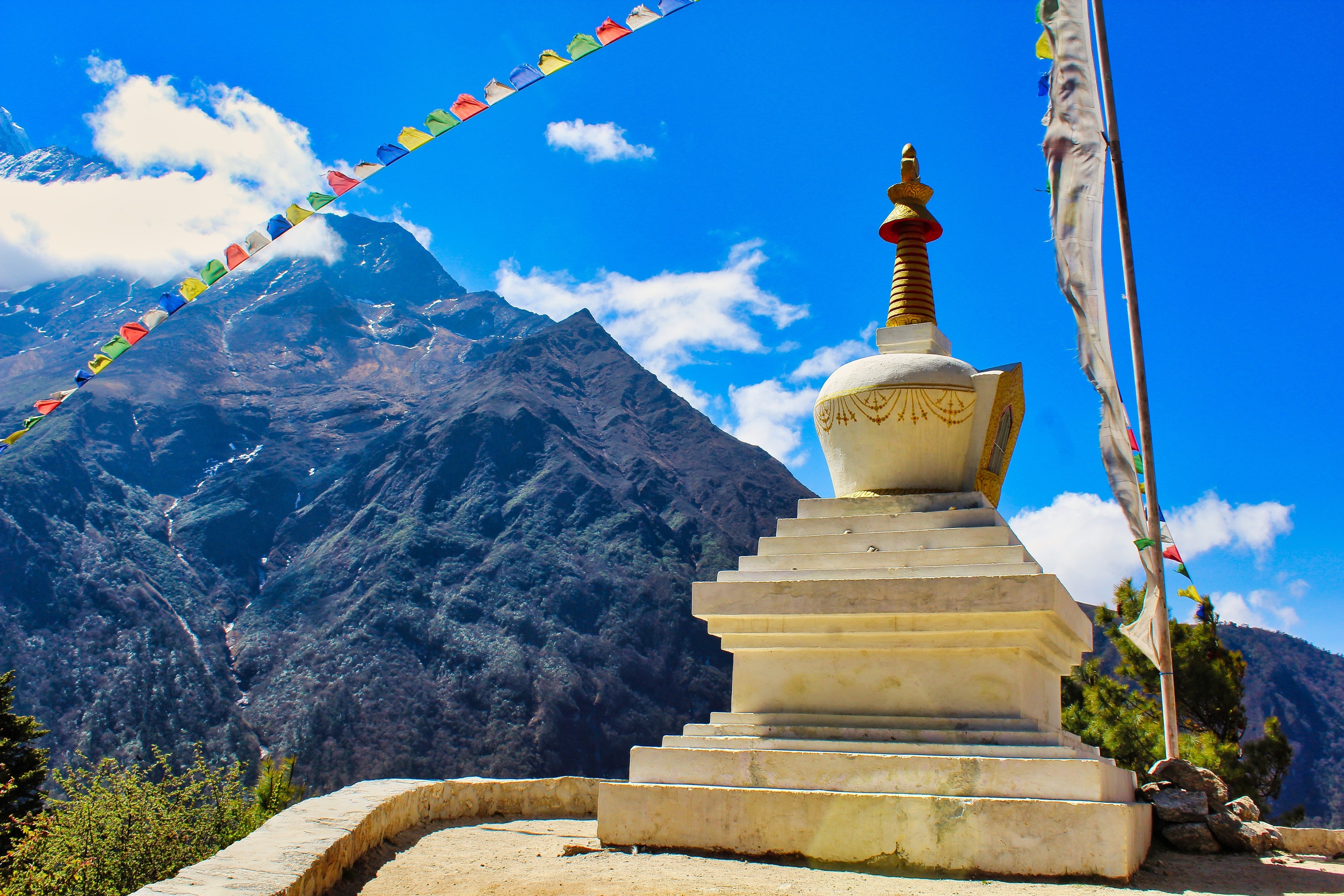
Rock Climbing Proficiency
For more technical routes, having rock climbing skills is essential. This includes understanding the basics of rock climbing, such as hand and foot placements, using climbing protection (like cams and nuts), and route-finding on rock faces. Proficiency in rock climbing techniques allows you to tackle more challenging routes that involve mixed terrain.

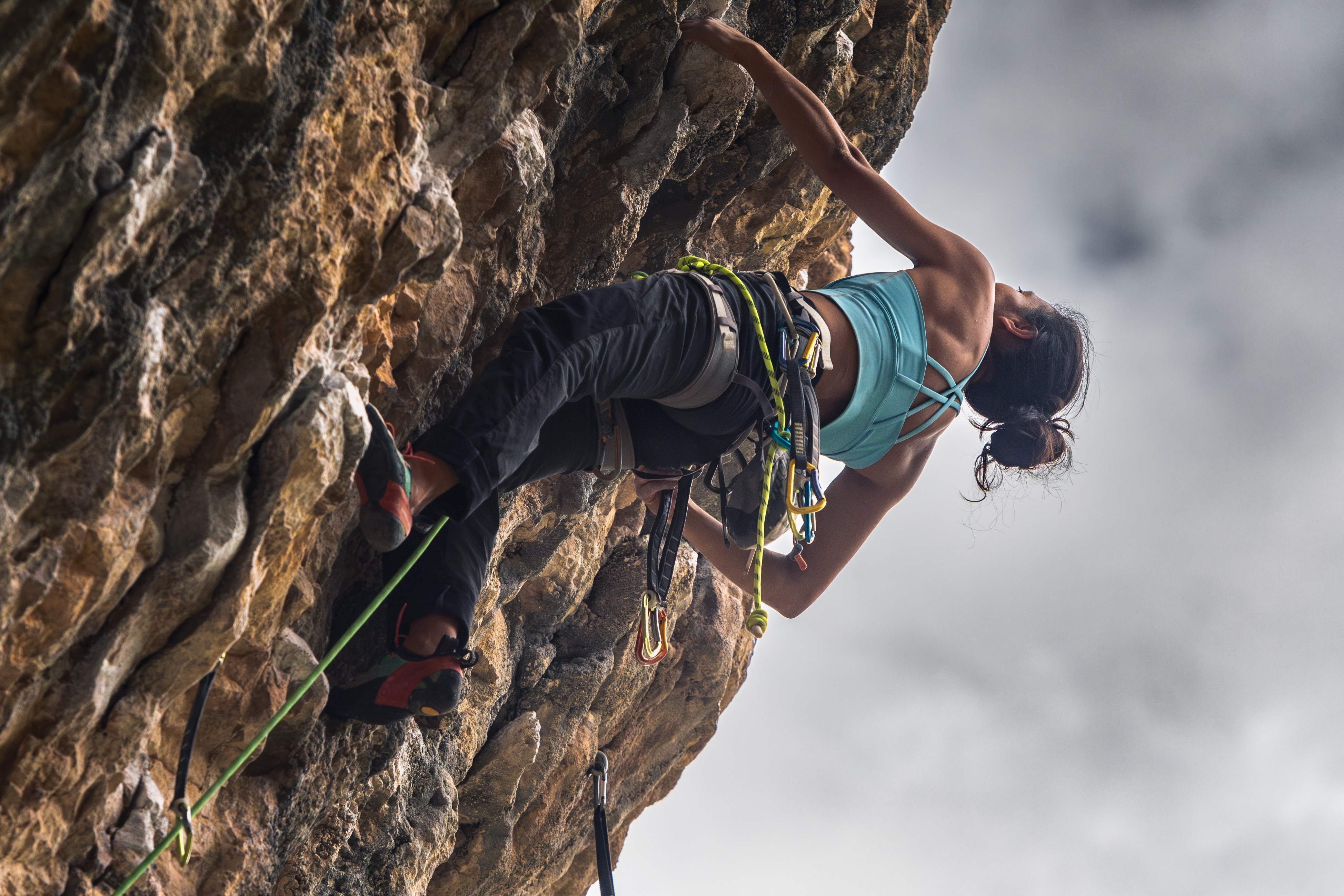
Finding the Right Guide
While it's crucial to build your own skillset before heading into the mountains, selecting the right guide is just as important. A knowledgeable guide can significantly enhance your experience, offering insights into the terrain, weather, and local culture, as well as ensuring your safety throughout the expedition. To find the best guide for your adventure, platforms like Expedreview can be incredibly helpful. Expedreview allows you to compare guides based on real reviews from fellow mountaineers, ensuring you make an informed choice. Whether you’re looking for a guide with specific expertise or someone who knows the area well, Expedreview connects you with top-rated guides tailored to your needs.

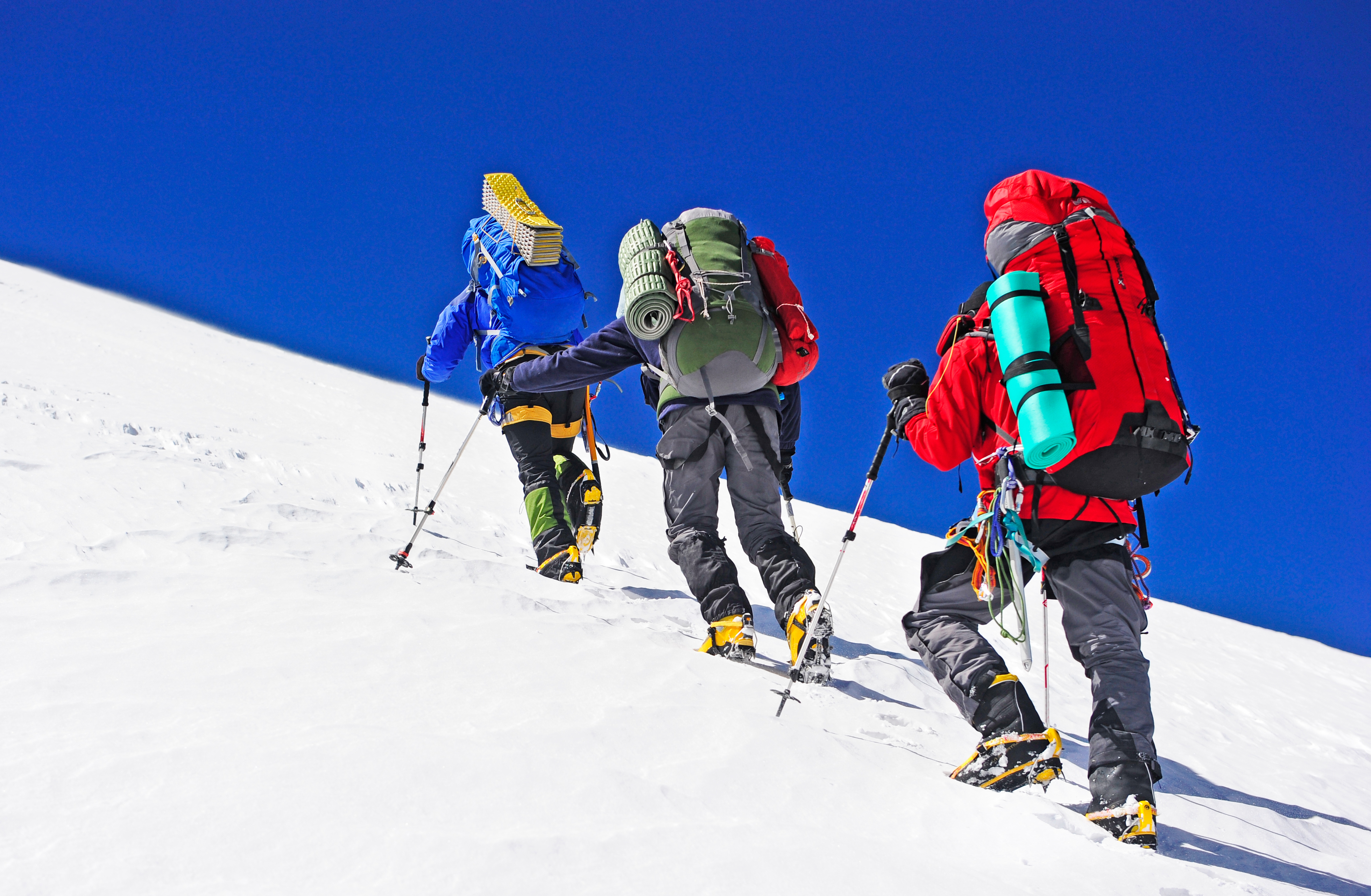
Gaining the necessary skills before embarking on a mountaineering trip is crucial for ensuring a safe and enjoyable experience. This blog has highlighted the essential skills you need to acquire, including physical fitness, technical expertise, mental resilience, and survival knowledge. By investing time and effort in acquiring these skills, you'll be better prepared to meet the challenges of the mountains and maximize your chances of a successful and rewarding expedition. Remember, mountaineering is a demanding activity, but with proper preparation and the right skills, it can be a truly exhilarating and unforgettable adventure.